Save Money with Regular Water Pump Maintenance
Regular maintenance helps identify and address issues that can cause significant problems down the line
Water pumps are crucial in various residential, commercial, and industrial applications. They move water from one location to another, such as pumping water from a well, circulating water in a swimming pool, or delivering water to irrigation systems. Like any mechanical device, water pumps require regular maintenance to ensure optimal performance and longevity. By investing time and effort in routine professional water pump maintenance, homeowners and residents can save money in the long run by reducing the frequency of breakdowns, improving energy efficiency, and extending the pump's lifespan. This blog post explores the value of regular water pump maintenance and provides practical advice on keeping a pump in top condition between professional service and maintenance.
Benefits of Regular Professional Water Pump Maintenance
Performing regular maintenance on a water pump offers several benefits:
Preventing breakdowns: Regular maintenance helps identify and address issues that can cause significant problems down the line. By fixing minor problems early on, they can prevent costly repairs or even the need for a replacement pump.
Improving energy efficiency: A well-maintained water pump operates with maximum efficiency, consuming less energy to deliver the desired water flow. This efficiency translates into reduced energy bills.
Extending pump lifespan: Regular maintenance can help extend a water pump's lifespan. When components are inspected, cleaned, and lubricated regularly, they are less likely to wear out quickly, ensuring that the pump lasts longer and saving homeowners and residents the cost of premature replacement.
Enhancing performance: Regular maintenance ensures that a water pump operates at its optimal performance level. By cleaning and aligning components, checking and adjusting settings, and addressing any issues, homeowners and residents can maximize water flow and pressure, improving the pump's overall effectiveness.
Maintaining water quality: In certain applications, such as well pumps or pumps used in water supply systems, regular maintenance helps ensure the water remains clean and safe. Homeowners and residents can remove debris, sediment, or any contaminants affecting water quality by inspecting and cleaning components.
Practical Tips for Water Pump Maintenance
Let's explore some practical tips to help homeowners and residents keep their pumps in excellent condition between regular service calls.
Read the Manufacturer's Manual
The manufacturer's manual is valuable for understanding how a water pump works and what maintenance procedures are recommended. Reading the manual thoroughly and becoming familiar with the pump's components, operating instructions, and maintenance requirements is crucial for proper care.
Regular Cleaning
Regular cleaning keeps a water pump free from dirt, debris, and other contaminants. The specific cleaning requirements will depend on the type of pump and its application. Here are some general guidelines:
Centrifugal pumps: Clean the pump housing, impeller, and volute regularly to remove any accumulated debris or sediment. Inspect the suction strainer and clean or replace it if necessary.
Submersible pumps: Clean the intake screens regularly to prevent clogging. Remove any accumulated algae or debris from the pump's external surfaces.
Well pumps: Inspect and clean the well casing regularly to prevent sediment buildup. This maintenance step helps maintain water quality and prevent blockages that can reduce pump efficiency.
Check for Leaks
It is crucial to regularly inspect a water pump for signs of leaks. Leakage can indicate loose fittings, worn seals, or damaged components. Addressing leaks can prevent water damage and reduce the risk of pump failure.
Lubrication
Proper lubrication is vital for a water pump's smooth operation and longevity. Follow the manufacturer's recommendations for the lubricant and the recommended lubrication intervals. Ensuring that bearings, shafts, and other moving parts are lubricated contributes to the pump's longevity.
Inspect Electrical Connections
Water pumps often rely on electrical power to operate. It is crucial to regularly check the electrical connections, including wires, switches, and controls, to ensure they are in good condition. Since loose or corroded connections can lead to overheating or electrical failures, homeowners should address any issues quickly.
Monitor Pump Performance
Pay attention to any changes in a water pump's performance. Monitoring water flow, pressure, and unusual noises or vibrations can help identify underlying issues requiring attention. Keeping a log of the pump's performance identifies trends or patterns that may indicate maintenance needs or potential problems.
Schedule Professional Maintenance
While homeowners and residents can handle many maintenance tasks, scheduling periodic professional maintenance for a water pump is also a good idea. A qualified technician can thoroughly inspect the pump, perform specialized tests, and provide expert recommendations for necessary repairs or adjustments.
Pump Repair Services provides residential and commercial well pump repair, transfer pump repair, and custom water treatment system services in the Orlando area. (Sorry, no pool pumps or sewer pumps.) We offer 24-hour emergency service. Call us to learn more.

